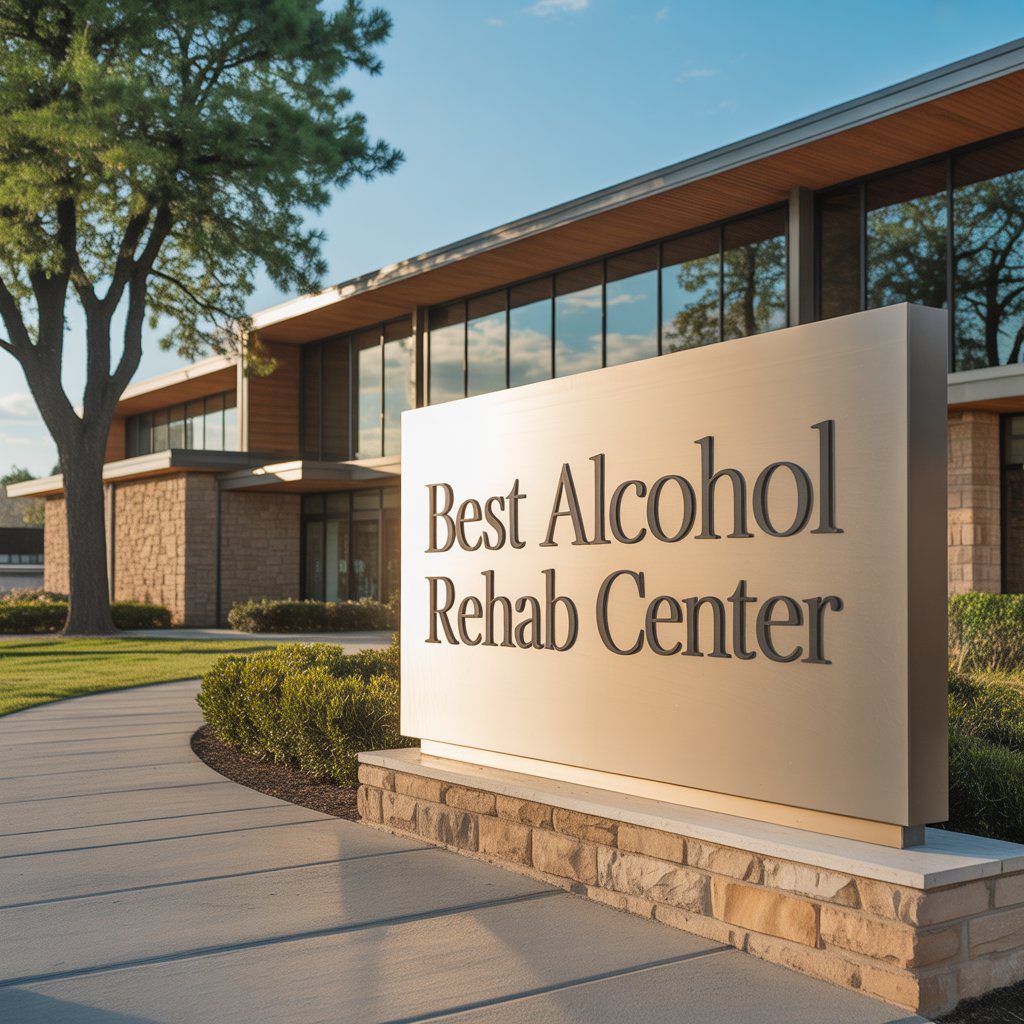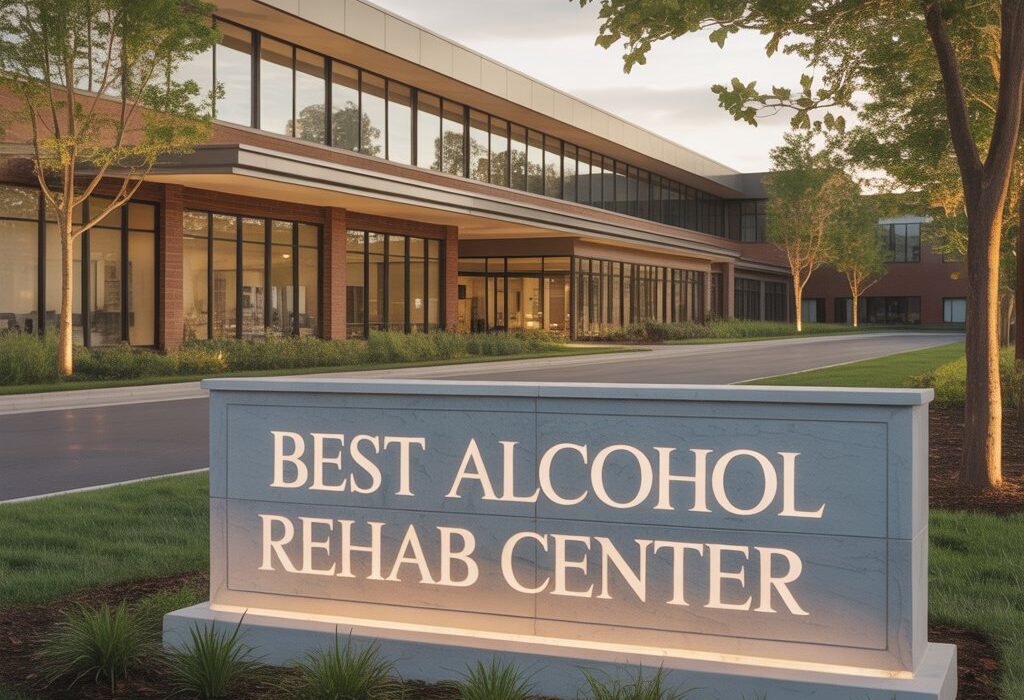Finding the Best Alcohol Rehab Center for Your Journey
The decision to seek help for alcohol addiction is one of the most courageous steps a person can take. It is a declaration of hope and a commitment to reclaiming one’s life, health, and relationships. However, with numerous options available, a critical question arises: how do you find the best alcohol rehab center for yourself or a loved one? This search is about more than just location or cost; it is about finding a place that provides a safe, compassionate, and effective environment for profound, lasting change. The best alcohol rehab center is not a one-size-fits-all facility, but a dedicated partner that offers personalized care, evidence-based treatments, and unwavering support throughout the recovery journey.
Understanding what constitutes excellence in alcohol rehabilitation is the first step. Alcohol Use Disorder (AUD) is a complex condition that affects the brain, body, and spirit. Therefore, effective treatment must address all these facets simultaneously. A superior rehab center recognizes that addiction is not a moral failing but a chronic medical condition that requires a multifaceted, holistic approach. The goal is not merely to achieve sobriety but to equip individuals with the tools and resilience needed to build a fulfilling, alcohol-free life.
The Hallmarks of a Top-Tier Alcohol Rehab Center
When evaluating potential facilities, several key indicators distinguish an exceptional program from an average one. These hallmarks are the foundation upon which successful, sustainable recovery is built.
Comprehensive Assessment and Individualized Treatment Plans
The journey at a reputable center always begins with a thorough, multi-dimensional assessment. This evaluation, conducted by medical and mental health professionals, delves into the individual’s physical health, psychological state, addiction history, and social circumstances. There is no generic treatment plan. Instead, the best alcohol rehab center uses this detailed information to create a fully personalized roadmap for recovery. This plan is dynamic, evolving as the individual progresses, ensuring that their care remains relevant and effective at every stage.
Medical Detoxification and 24/7 Medical Supervision
For many, the first hurdle is alcohol detoxification. Abruptly stopping alcohol after a period of heavy use can be dangerous and even life-threatening, with potential symptoms including seizures, hallucinations, and severe withdrawal. A premier facility offers medically supervised detox. Under the care of doctors and nurses, patients are monitored around the clock, and medications may be administered to manage withdrawal symptoms safely and comfortably. This medical oversight provides a stable and secure foundation, making the initial phase of recovery safer and increasing the likelihood that the individual will transition successfully into the therapeutic portion of the program.
Evidence-Based Therapeutic Modalities
The core of rehabilitation lies in therapy that addresses the underlying causes and behaviors of addiction. The best alcohol rehab center will integrate a variety of proven therapeutic approaches, including:
- Cognitive-Behavioral Therapy (CBT): This helps individuals identify and change the negative thought patterns and behaviors that lead to alcohol use. Patients learn to manage triggers, cope with stress, and develop healthier responses to life’s challenges.
- Group Therapy: Facilitated by a trained therapist, group sessions provide a powerful sense of community and shared experience. They reduce feelings of isolation, foster accountability, and allow individuals to learn from the insights and struggles of their peers.
- Family Therapy: Addiction is a family disease. Involving loved ones in the healing process is crucial for mending broken trust, improving communication, and educating the family on how to provide healthy, supportive reinforcement.
Beyond Therapy: The Components of Holistic Healing
Lasting recovery extends beyond traditional talk therapy. The most effective centers embrace a holistic model that nurtures the whole person.

Dual Diagnosis Treatment for Co-Occurring Disorders
It is exceptionally common for alcohol addiction to co-occur with mental health conditions like depression, anxiety, or PTSD. This is known as a dual diagnosis. A leading rehab center will have the expertise to diagnose and treat these conditions simultaneously. Treating the addiction without addressing the underlying mental health issue often leads to relapse. Integrated dual diagnosis care is, therefore, a non-negotiable feature of a high-quality program.
Relapse Prevention and Life Skills Training
Recovery is a lifelong journey that continues long after leaving the structured environment of the rehab center. A superior program dedicates significant time to relapse prevention planning. Patients work with counselors to identify their personal triggers, develop actionable coping strategies, and build a robust support network. Furthermore, life skills training—such as stress management, financial literacy, and vocational guidance—helps individuals rebuild a stable and purposeful daily life, reducing the risk of returning to old patterns.
Aftercare and Alumni Support
The commitment of a top-tier center does not end at discharge. A robust aftercare program is essential for maintaining sobriety. This includes connecting individuals with outpatient resources, sober living arrangements, and local support groups like Alcoholics Anonymous (AA) or SMART Recovery. An active alumni network also provides ongoing encouragement and a sense of belonging, reminding individuals that they are part of a lasting community dedicated to sobriety.
Choosing Your Path to Recovery
Selecting the right rehab center is a deeply personal decision. It is advisable to research facilities thoroughly, verify their accreditations and staff credentials, and ask detailed questions about their treatment philosophy and program structure. Many centers offer confidential consultations, which can provide valuable insight into whether their environment feels like the right fit.
Ultimately, the best alcohol rehab center is one that sees you as a whole person, not just a diagnosis. It is a place that provides clinical excellence within a framework of dignity, respect, and unwavering hope. By choosing a facility that offers personalized, comprehensive, and compassionate care, you are not just investing in sobriety; you are investing in a brighter, healthier, and more fulfilling future.
Frequently Asked Questions (FAQs)
1. How long does a typical rehab program last?
Program length varies based on individual needs, but common durations are 30, 60, or 90 days. Research consistently shows that longer treatment stays are associated with higher rates of long-term sobriety, as they allow for deeper therapeutic work and habit formation.
2. What is the difference between inpatient and outpatient rehab?
Inpatient (or residential) rehab requires patients to live at the facility full-time, providing a highly structured and immersive environment free from triggers. Outpatient programs allow individuals to live at home and attend treatment sessions during the day, offering more flexibility but less intensive support.
3. Will my health insurance cover rehab?
Most health insurance plans provide some coverage for addiction treatment due to the Mental Health Parity and Addiction Equity Act. It is crucial to contact your insurance provider and the rehab center’s admissions team directly to verify your specific benefits and understand any out-of-pocket costs.
4. What happens during medical detox?
Medical detox is a supervised process where the body is safely cleansed of alcohol. Medical professionals monitor vital signs 24/7 and may administer FDA-approved medications to alleviate withdrawal symptoms like anxiety, nausea, and insomnia, ensuring the process is as safe and comfortable as possible.
5. How do I know if I or my loved one needs rehab?
Signs that professional help is needed include an inability to control drinking, neglecting work or family responsibilities, continuing to drink despite negative health or social consequences, and experiencing withdrawal symptoms when not drinking. A professional assessment from a doctor or addiction specialist can provide a clear diagnosis.




